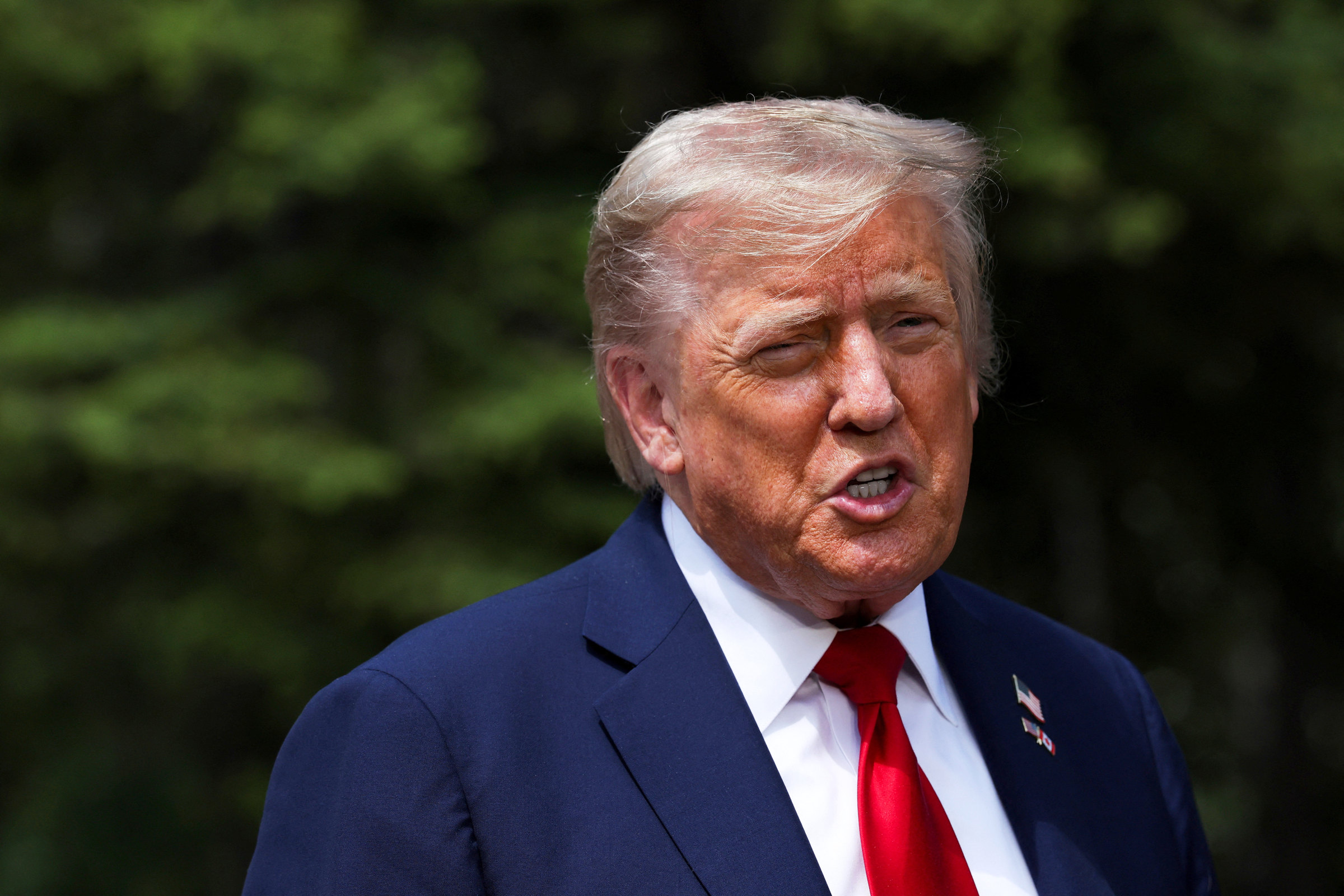When he nominated Donald Trump for the Nobel peace prize in late 2024, Ukrainian Foreign Affairs Committee Chairman Oleksandr Merezhko believed the move would encourage the then U.S. president-elect to pursue his commitment to ending the conflict.
Merezhko, a member of Ukrainian President Volodymyr Zelensky's ruling party, praised Trump for his "significant contributions to world peace and potential to do even more in the future."
However, on 24/6, Merezhko wrote to the Nobel Committee, withdrawing his nomination. He explained that he had "lost faith" in Trump's ability to resolve the conflict.
"Trump is simply turning a blind eye to Russia's aggressive actions. I no longer believe he will fulfill any of his promises," Merezhko wrote.
 |
U.S. President Donald Trump in Kananaskis, Alberta, Canada, on 16/6. Photo: |
U.S. President Donald Trump in Kananaskis, Alberta, Canada, on 16/6. Photo:
After Trump took office, U.S.-Ukraine relations encountered several disagreements. The U.S. president opposed unconditional aid to Ukraine, leading to heated exchanges with Ukrainian leaders at the White House. Peace talks between Russia and Ukraine have also dragged on without a resolution, diminishing Trump's initial resolve.
The U.S. president recently brokered a ceasefire between Iran and Israel after 12 days of fighting, prompting calls for him to be awarded the Nobel peace prize.
U.S. Republican Representative Buddy Carter wrote to the Nobel Committee, nominating Trump for the prize due to his "extraordinary and historic role" in helping to end the Iran-Israel conflict. However, Trump has previously complained that no matter what he does, "he won't get the Nobel peace prize."
The Nobel peace prize is decided by a five-person committee selected by the Norwegian parliament, based on a list of nominees put forward by academics, parliamentarians, and national leaders. According to the founder's will, the prize is awarded to individuals or organizations that have "done the most or the best work for fraternity between nations, for the abolition or reduction of standing armies and for the holding and promotion of peace congresses."
Ngoc Anh (Telegraph, Newsweek, Independent)












